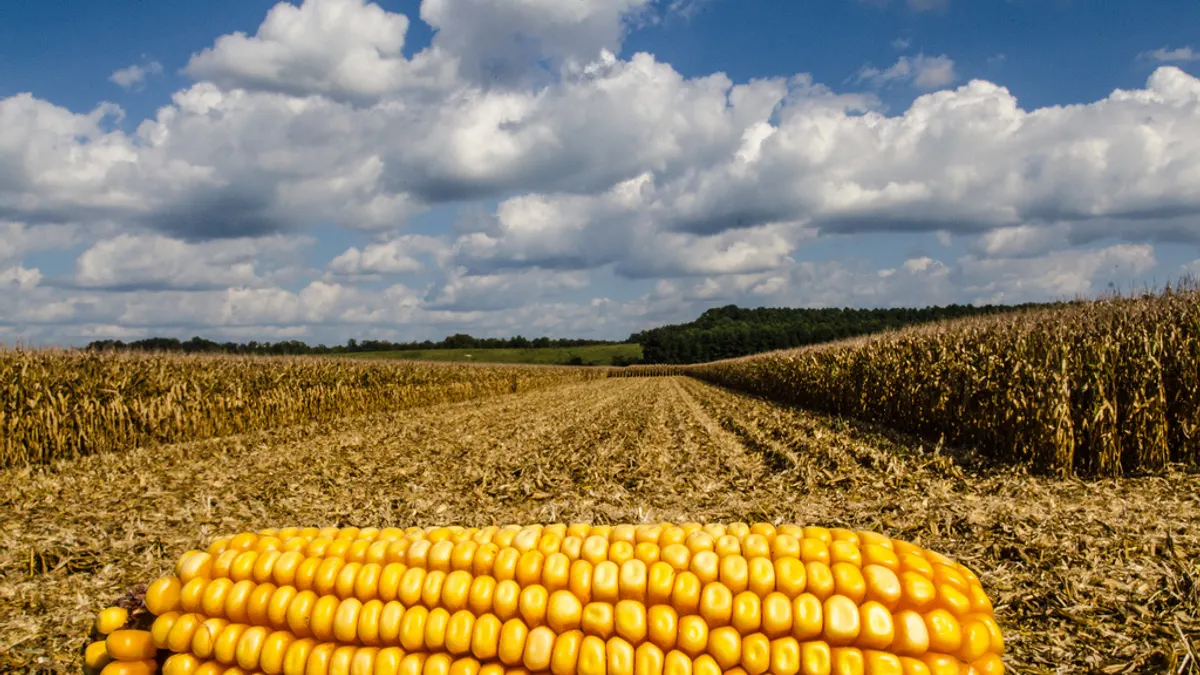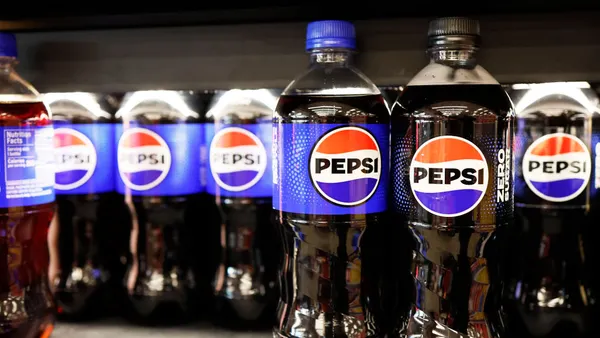Dive Brief:
- Big data and advanced analytics can help food companies tackle inconsistent agricultural practices that lead to varying commodity costs, according to a McKinsey & Company report. In addition, the technology can help manage food waste in areas such as climate forecasting, demand planning and transporting expiring products to areas of immediate need.
- The technologies can help emerging countries in the development of precision agriculture, the proliferation of automated systems, and the implementation of agriculture-specific payment systems or financial services.
- Meanwhile, mature economies could benefit from the technologies' application to food safety, sourcing decisions, and managing agriculture's environmental footprint.
Dive Insight:
McKinsey & Company's latest report outlines various methods by which agricultural producers can use big data to enhance their productive capacity. Companies can eliminate inefficiencies by calculating where to source food inputs while accounting for weather patterns that may affect yields and soil conditions worldwide.
In addition, integrating big data into a product's supply chain can also have marketing benefits, according to McKinsey & Company. Consumers are becoming increasingly health and environmentally conscious, so using technology to publicize the full process could help reduce consumer skepticism over sustainable practices.












